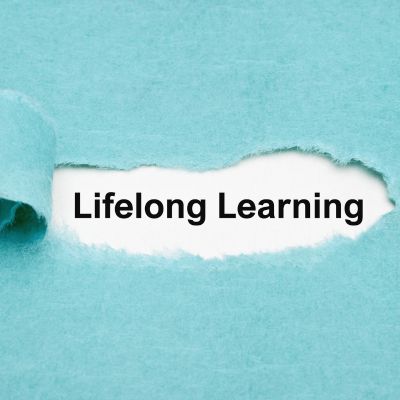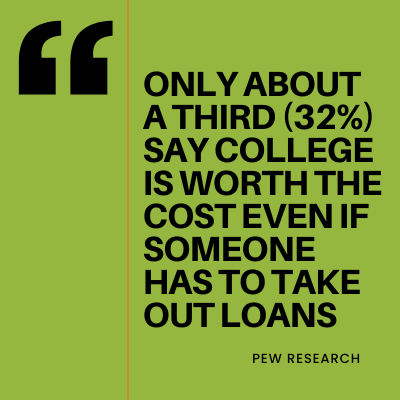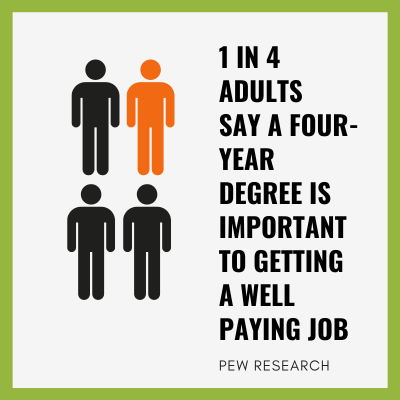By Matt Riley and Published by TimesHigherEducation.com
Instead of untangling a miscellany of education products, lifelong learners should find the structure and purpose of their degree continues into their professional life.
Once you’ve immersed yourself in a career, you begin to hear how important “lifelong learning” is for any serious professional. When you look for ways to acquire that learning, however, what you find might disappoint you: instead of purposeful, structured training, there is a jumble of resources. A million seminars, books and online courses vie for your attention (and your money), none of them connected to the others and none of them created with a larger design in mind. This failure of the lifelong learning industry has unpleasant implications for the future of our skilled workforce and, by extension, our society.
Even the term “lifelong learning” has lost its meaning. It has come to imply that learning, in itself, somehow helps people meet the demands of their careers. What professionals actually need is focused, preparatory, applied learning, collected in one place and organised so they can choose the lessons that will benefit them most and block out all the distractions. But this is not what is available. The lifelong learning support system is fragmented, confusing and incoherent, leaving users without a fixed point to reach or a route to reach it.
- Now is the time to design a system in which all learning counts
- Universities need to prepare for the mature student onslaught
- Pivoting university course offerings to upskill the workforce
Continuing education and the skilled workforce
As advancements in technology, and the downstream effects, stack on each other and possibly increase the rate of further advancement, adaptations in professional fields must keep pace. What was cutting edge yesterday may be obsolete today. Skills that were irrelevant yesterday may now be indispensable. The modern professional world demands regularly rejuvenated knowledge. And with most continuing education tools being so aimless, so disconnected, many learners may believe no answer for this demand exists.
We are seeing the consequences of this problem already. In healthcare, workers do not believe they have the necessary skills for the jobs they do, with data analytics standing out as an area of deficiency. Healthcare professionals feel overwhelmed by the amount of information they have to collate and synthesise, and they’re not sure where to turn for help. This is in no way a sign of declining interest in the field, either: the number of first-year students in US medical schools increased 1.7 per cent in the 2020 academic year, according to data from the Association of American Medical Colleges. If the lifelong learning industry cannot support workers in a growing, lucrative sector that deals with perhaps the highest professional priority, public health, what hope is there in other fields?
Read the full article here.


